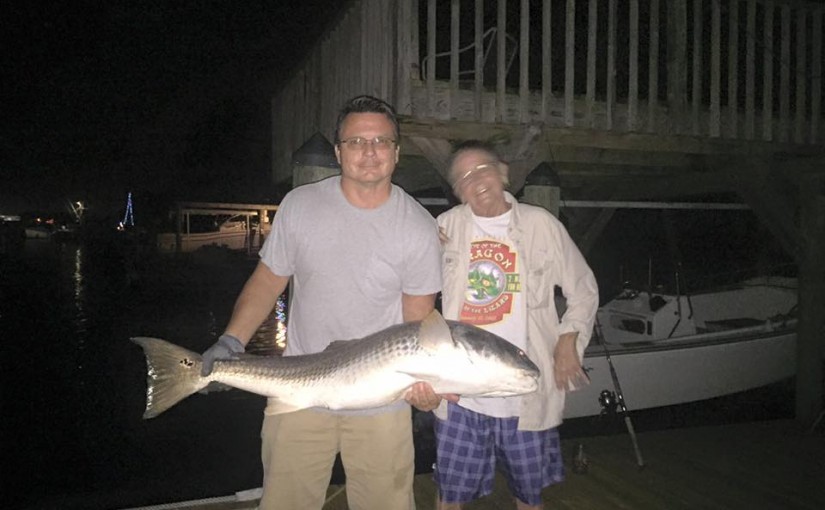“The battle of life is, in most cases, fought uphill; and to win it without a struggle were perhaps to win it without honor. If there were no difficulties there would be no success; if there were nothing to struggle for, there would be nothing to be achieved.” – Samuel Smiles
I have felt, at certain points in my life, that I had been successful in certain aspects because I had chosen some paths of lesser resistance or perhaps only attempted things at which I already knew, or felt, I could succeed. Right or wrong, I think everyone has these feelings at one time or another. During these times you can doubt your abilities to adapt or overcome adversity, to learn and comprehend new ideas and master new or unfamiliar technologies. The important thing to remember is that no matter how alone you feel, help isn’t far away. This help may come even from within through exercising some patience and the study of your “enemy”.
Once you have committed to live on board a boat of any type, you will almost certainly be faced with a situation, repair or replacement of some system or component with which you are unfamiliar or unskilled. This can make you feel very overwhelmed and even helpless. It can even make you want to abandon the dream if you hit a really low spot. A combination of challenges or gear failures can test even the most hearty among us. You will question your decision to pursue the dream you have committed to and wonder if you have done the right thing. After all, for many cruisers, embarking on a long term cruise or to live aboard full time requires a tremendous sacrifice of stability, financial and physical. These feelings can be compounded by the distance from assistance of any type and a lack of readily available support, whether it is technical or emotional.
It is important during these times to remember that patience pays off. The seemingly insurmountable problems of today can be overcome with some time and even the slightest change of perspective. Don’t be afraid to take your time, walk away from the project and take advantage of the time it takes to have parts delivered and recharge your batteries. You can’t reasonably expect to be an expert in every field, unless of course you happen to be an ABYC Master Certified Techinican in a variety of fields, in which case, do you have any free time to stop by Kitty Hawk ? Haha….(no, seriously, swing by..)
Whenever I am faced with a repair of a system with which I am unfamiliar, I always take the time to conduct a “reasonable” amount of research on the system or component before I try to tackle it. This can relieve a tremendous amount of anxiety. Dealing with the unknown only adds a layer to the stress of the situation. Many systems on a boat, sail or power, have evolved to be reasonably user friendly. The research tactic can also translate to the planning of a trip to a new cruising area. Reading the cruising guides, thoroughly reviewing the charts and comments from others who have visited the area before you can make the unknown much less intimidating. If you are anything like me, knowledge reduces stress. Don’t be afraid to contact a professional and get their input. I was initially surprised how many will give you free advice (not unlimited) on how to best tackle your problem. I have even enlisted professionals to evaluate my repairs for as little as one hour of their normal labor rate to be certain I hadn’t missed anything. You’d be surprised how generous they can be with their time in these circumstances.
I can’t imagine how some cruisers make it. I have seen many online requests for help because the people living on their boat didn’t know how to fix or maintain their engine, outboard, dinghy or any other systems and were apparently unwilling or unable to research the repairs and couldn’t afford professional help. Their first and only recourse was an online plea through social media for assistance. Most of these requests are from the same people over and over again. Living with that degree of uncertainty would most certainly diminish my enjoyment to the point that I might surrender and I’ve seen almost all of those cases end up in a “Boat for sale” posting.
So, how do you avoid that?
Research. You know how they used to say “Reading Is Fundamental” ? Well, it wasn’t just a catchy slogan. If you know going in that you can’t afford much (or any) professional help, learn as much as you can about your potential dream boat’s systems.
Take “baby steps”. There are tons of seminars (online and real time) being given away out there. They cover everything from repairs and maintenance to upgrading and even boat handling skills. Go to (and watch online) as many as you can. Be prepared to get a “starter boat” and move up from there adding complexity as you go. If you can’t resist buying your dream boat right out of the gate, limit your cruising until you can become versed in the systems and their upkeep/maintenance. That way you don’t end up stranded in a remote location.
Be realistic. Don’t make your first boat a Pandora’s box of systems you know nothing about and assume nothing will break or go wrong. The learning curve can be steep and you don’t want to break the bank (or your spirit) in the process.
Finally, remember it’s supposed to be a fun adventure, not a soul crushing grind. If you don’t rush things and learn as you go, even a complex problem can be an enjoyable challenge.
And now, a moment to relax after discussing all those stressful obstacles…..

Auto Amazon Links: No products found.

























